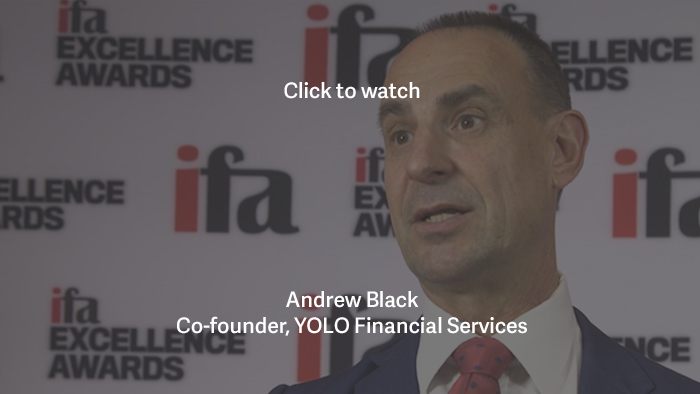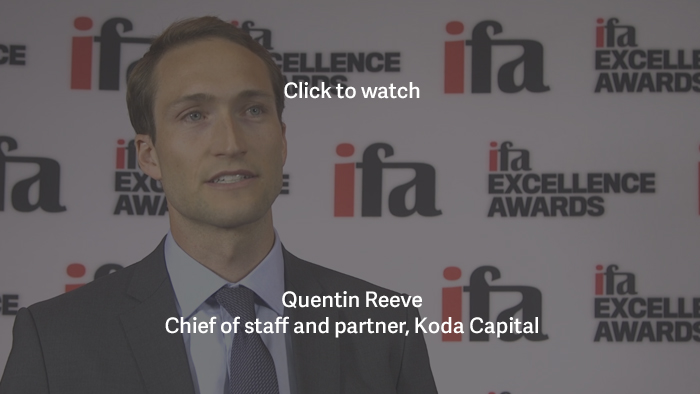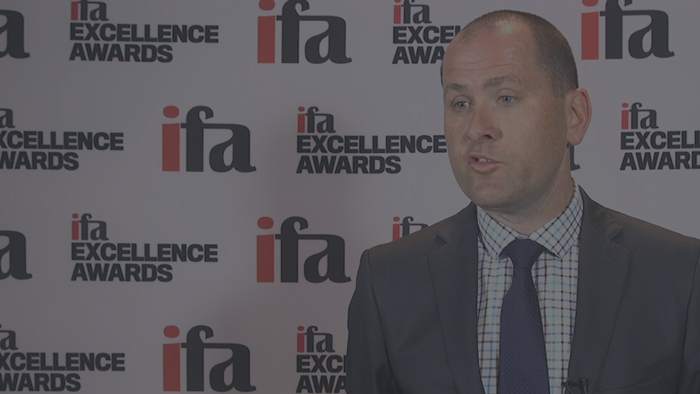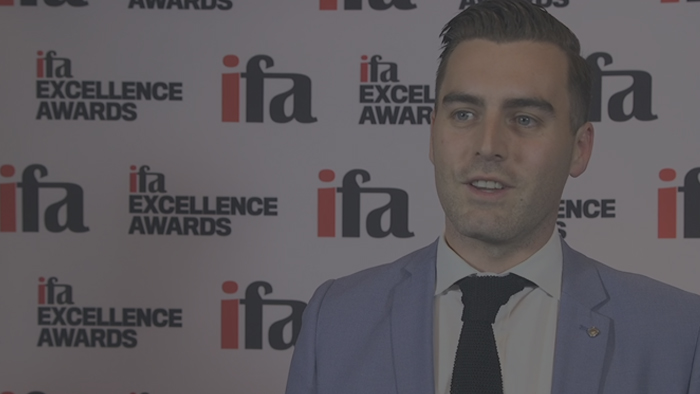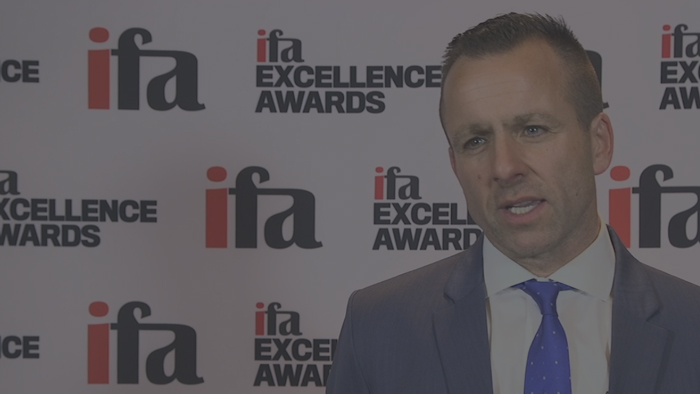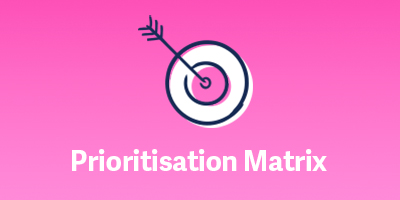Key Takeouts:
- Innovation means different things to different advisers.
- Each firm is implementing its own ideas around innovation, some introducing discretionary service fees.
- Developments like RegTech, automation and SMAs allow advisers to focus more on clients.
Advisers are certainly seeing rapid changes in their businesses and the financial services sector as innovation and disruption are increasingly embraced.
But innovation can mean different things to different advisers.
For Quentin Reeve, chief of staff and partner at Koda Capital, it implies improvement and, hopefully, continual improvement to meet a new need.
“That need doesn't necessarily have to be understood or known by the greater public,” he says. “But importantly, it wasn't there yesterday. It's not necessarily shown itself today, but it's definitely going to be there tomorrow.”
Reeve lists fee structures as an area where Koda Capital has been innovative in its drive to keep putting client first.
“One of the things we've been experimenting with is a discretionary fee structure, where clients have some input into what they pay at the end of the year for our services,” he says.
“For example, we agree upfront on the services we're going to deliver and on the fees associated with those services. During the year, the client may pay on an ongoing quarterly basis, but that last payment for the fourth quarter could be discretionary."
“In that way, some of the power gets put back into the hands of the clients. They feel like we're at the table with them, as opposed to being just a pure service provider where they come in, get a job done and leave. We’re partnering with our clients to ensure they're happy at the end of the day.”
Jonathan Elliot, managing director at SBA Collins, believes innovation can be achieved through simply asking the question “why”.
“Look at the status quo, look at a problem and then just ask why or if there’s a better way,” he says, noting that you don’t have to be original to be innovative.
“There are plenty of smart people with great ideas out there that don't do anything with them. So I think that implementation – where the rubber hits the road and you actually do something with a great idea – is what innovation is about.”
Elliot says SBA Collins is trialling a five-hour day for staff, without any change in their remuneration.
“If they can get their work done, they are free to leave. It may seem simple, but it has real knock-on effects. People own their efficiency. They own looking to find better ideas and implementing them. It's really empowering them. They are looking at how they're doing things and ask that all important question: ‘Why do we do it this way?’.”
Elliot continues: “Often in business, we look for better ways of doing things that give great results for our clients, shareholders or business owners. But for the people who actually get stuff done, it doesn't matter how efficient the business is. They're there typically for eight hours a day and things don't really change. We're just trying to shake that up a bit. We want them to have some skin in the game, really be rewarded and if they can be more effective, then they get that personal upside.”
Andrew Black, co-founder of YOLO Financial Services, believes innovation should be around agility, given that so much change is taking place so fast.
An area where YOLO Financial Services is being innovative is weaning itself off internal emails because it already gets so many emails from outside. It’s been introducing Slack, a platform for team communications, across its base camp and is using Zapier to integrate it with other apps to automate its workflow.
Black also observes “oodles of innovation is taking place” in the advisory environment, but believes it’s more focused on RegTech.
“To me, there's a real move around how people are being licenced,” he says. “I think the big licences are going to lose some of the strength they've had in the past. It'll probably more likely to be smaller groups, up to a dozen, or even self-licencing. RegTech will give people the ability to do that.”
Black believes the compliance components will be taken care of via innovation and software so that advisers can then focus on doing business. “It allows you to be, and have your own style and own purpose.”
Reeve points to what companies like Netwealth are doing, noting that their innovations allow firms like Koda to provide clients with access to “all the things they deserve across all asset classes and geographies”.
“They enable clients to not only find those opportunities, which is where we come in, but also to invest in them, hold them and report on them,” he says.
Similarly, Elliot sees technology changing many things for the better, but adds: “You do need a strong value proposition moving forward because technology is going to do a lot of the functions that, in the past, we've been asking our clients to pay for.
“A strong value proposition around advice and coaching people to make great decisions is what our future will be about because technology will disrupt and do other functions better than we've been doing.”
What are innovations outside the financial sector which may influence advice?
Watch out for artificial intelligence (AI), virtual reality, Bitcoin, algorithms and long-distance consulting. According to these advisers, they’re all heading your way.
Koda Capital’s Quentin Reeve doesn’t believe there’s an industry that’s going to be sidestepped by AI in the future.
“We've already seen a lot of innovation coming out of the AI movement, but I think we're only seeing the tip of the iceberg,” he says.
“Everything from client introductions, pitching to the client, opening an account for a client, to understanding the client ... can all be enhanced through AI and I'm really excited to see what comes of it.”
SBA Collins’s Jonathan Elliot expects automation to changing how we communicate, access and use information. But he still believes there’s a role for the human adviser: making that confident decision and implementing it.
“People ultimately work with an adviser because of that personal relationship and trust. I don't see Robos technology taking that away,” he says.
Netwealth has designed an Innovation Toolkit to help businesses discover actionable and implementable innovations for your business to enhance their processes. Download the Innovation Toolkit now.
Hear from more innovators
Additional resources and tools
Download a deck of 35 bite-sized innovation challenges for you and your team to use to unleash its inner creative genius.
Use this workshop to identify the pain points in your customer’s experience with you and develop innovation solutions to address them.
Get your team together for 60 minutes to have some fun and identify some quick wins to remove customer friction in your business.
When you have lots of ideas how do you prioritise them? Using this simple tool you can, by plotting them on our 2x2 prioritisation matrix.


